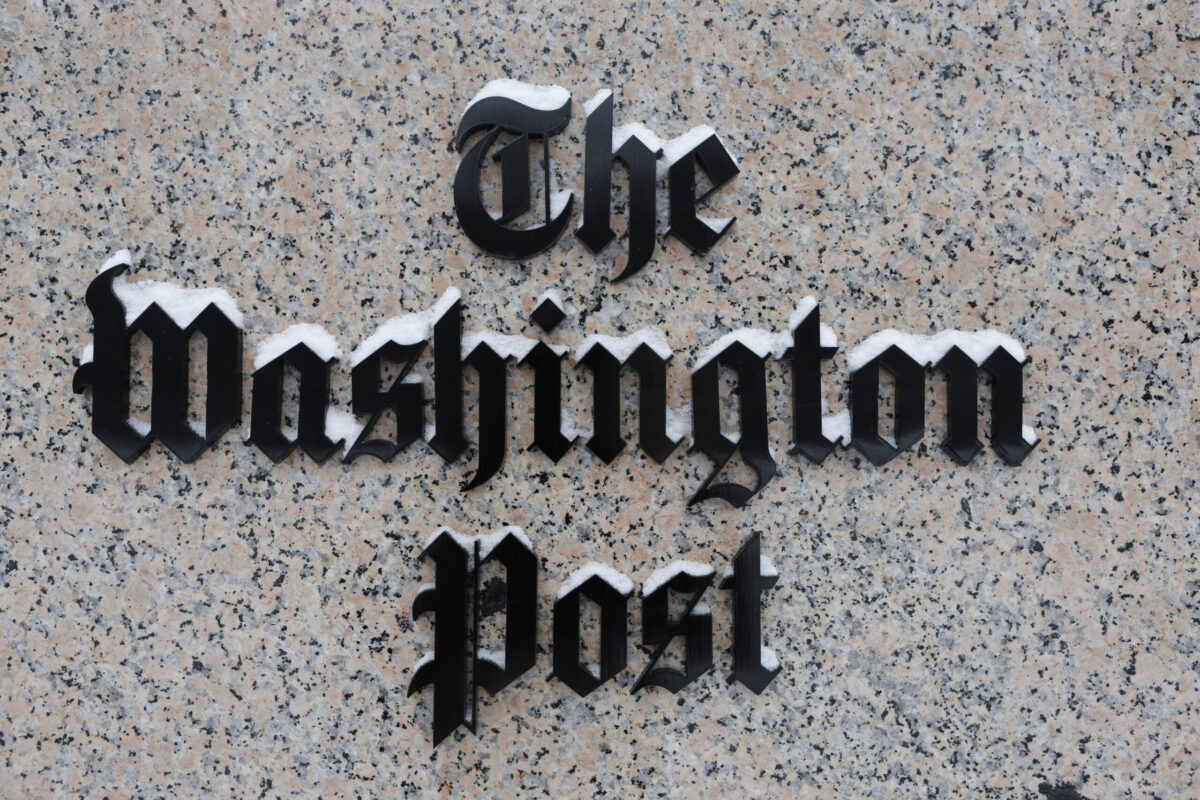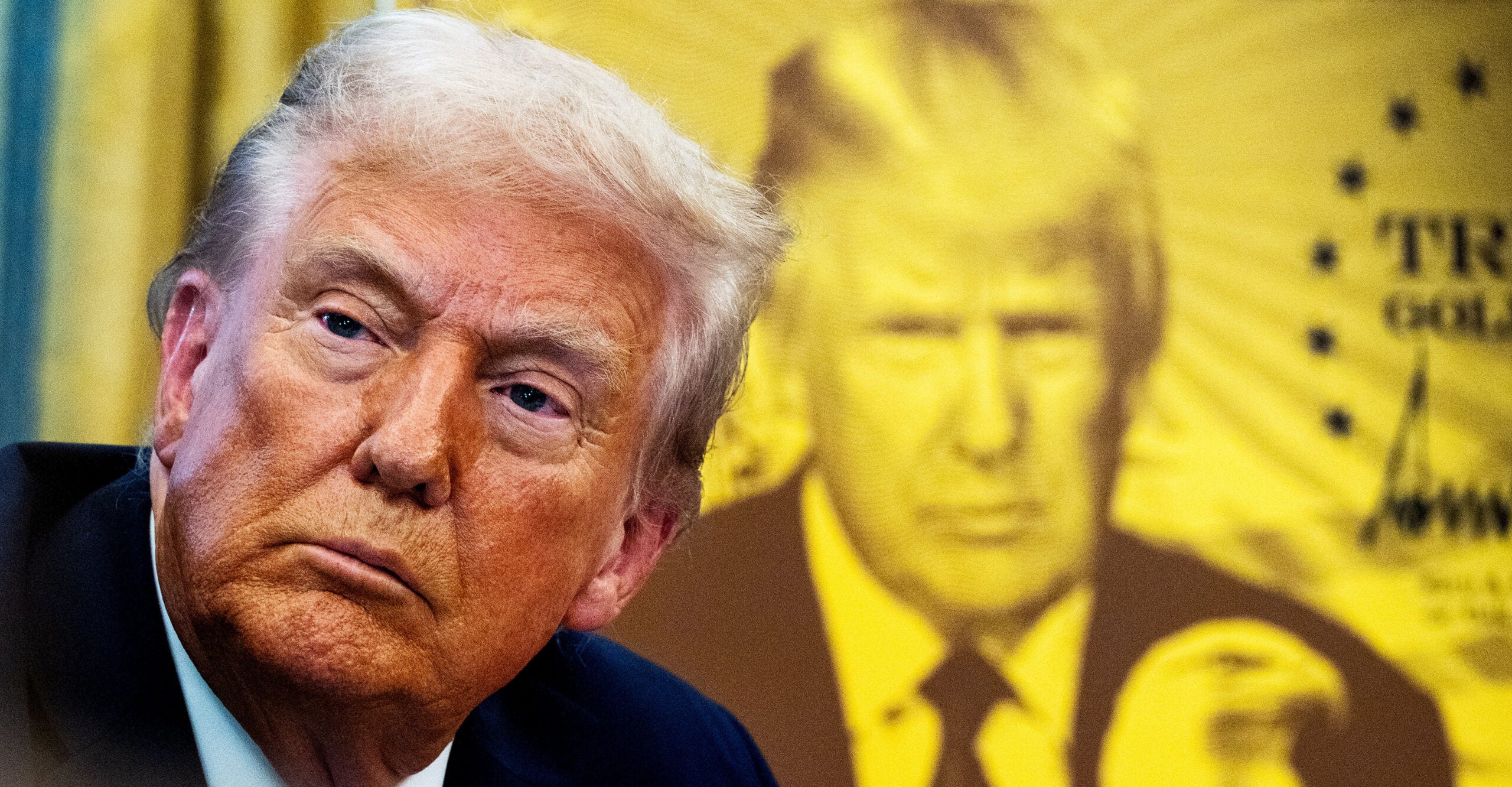Apple’s monopoly is killing the American phone dream
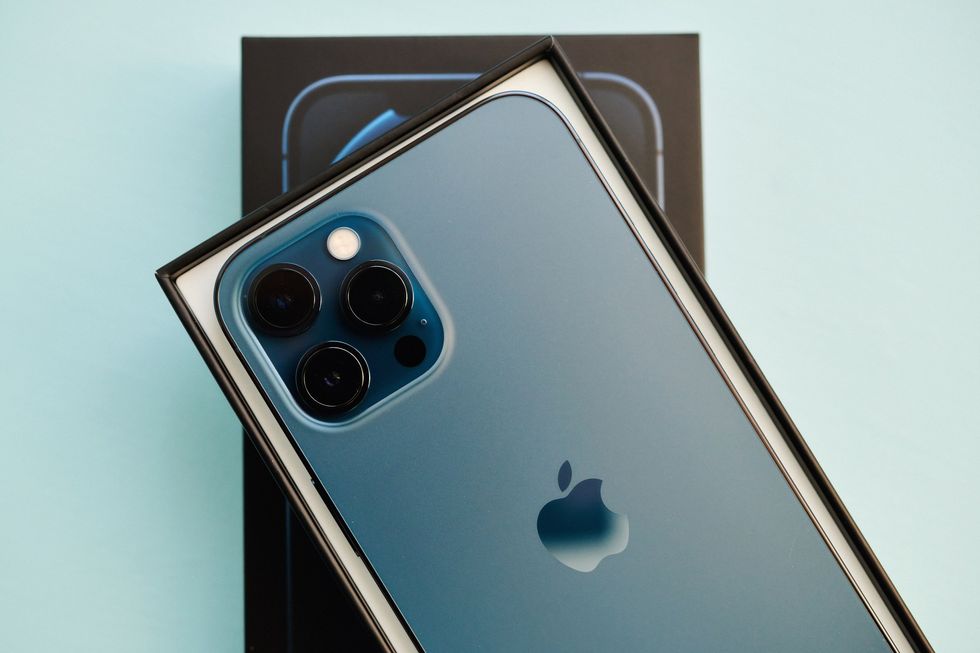
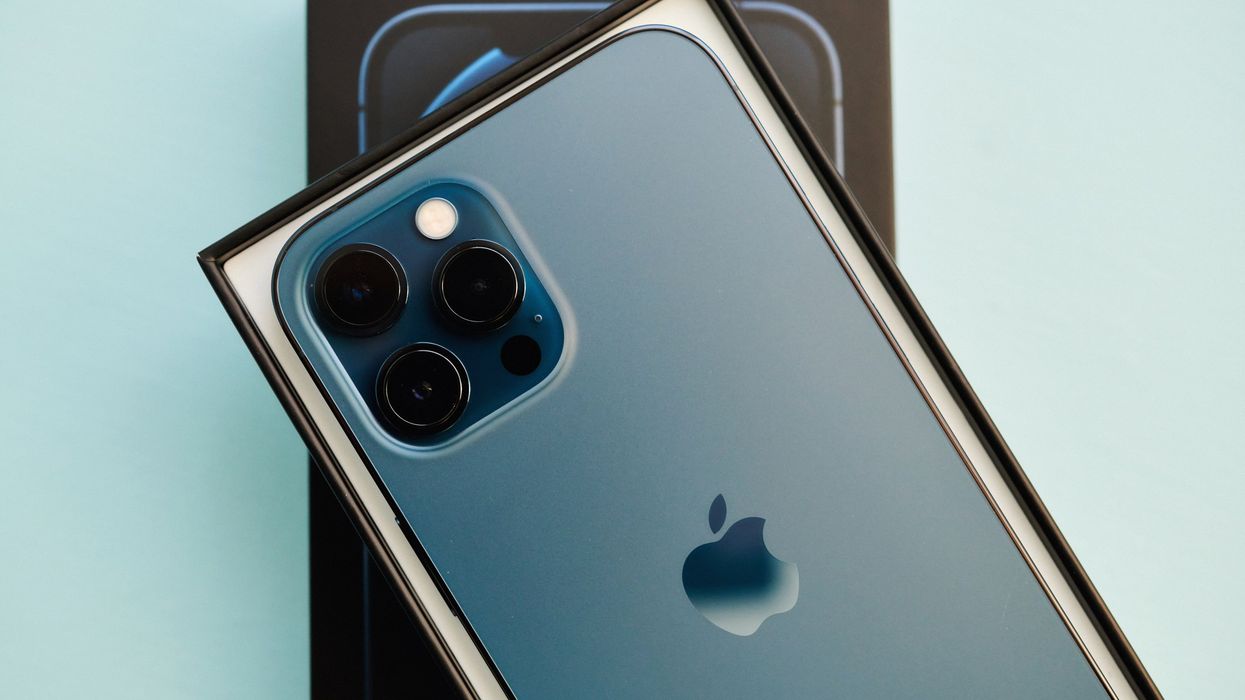
Earlier this summer, the Trump Organization announced T1 Mobile, a new 5G cellular service, and promised an upcoming T1 phone that would be “proudly built in the United States.” Many regarded it as an extension of President Donald Trump’s push for a renaissance in American manufacturing — a new golden age for American business.
Live Your Best Retirement
Fun • Funds • Fitness • Freedom
But recently, the company has had to walk back its claims about the U.S. provenance of its flagship phone.
Apple limits consumer freedom and makes the prospect of a new 'American' phone far less likely to succeed, no matter how patriotic its marketing.
While the pursuit of a truly American phone that is both designed and built in the United States is a worthy endeavor, the likelihood of its success has been greatly diminished by one company — ironically, an American one: Apple. The tech giant has spent decades building a fortress around the smartphone market, keeping competitors out and locking customers in.
Apple’s China ‘Marshall Plan’
Apple didn’t simply outsource a few manufacturing jobs. It created what Patrick McGee calls in his landmark book “Apple in China” a “super-Marshall Plan.”
While the original Marshall Plan rebuilt a battered Europe after the Second World War, Apple poured $275 billion into China between 2015 and 2020 — twice what America spent rebuilding postwar Europe, adjusted for inflation.
That staggering investment of money and American innovation didn’t just churn out iPhones. It built China’s manufacturing prowess and enabled its rise in precision industries. It effectively underwrote Beijing’s climb to global tech superpower status — fueling its dominance in everything from electric vehicles to artificial intelligence to 5G.
In creating a supply chain so vast and sophisticated — one dependent on China’s unique, massive labor force — Apple made it nearly impossible for American manufacturers to match its cost, quality, or speed. In exchange for global market share, Apple forsook American manufacturing and secured its dominance over competitors.
The walled garden
But China’s supply chain alone didn’t forge the heights of Apple’s smartphone walled garden. The company painstakingly designed a digital ecosystem around its platform that complicates deciding which phone to buy beyond basic considerations like price and performance.
Apple’s trap is both psychological and digital — not just logistical. Switching from iPhone to Android may be harder than escaping Alcatraz. Your cloud-stored memories, those precious photos, notes, bookmarks — are all locked in iCloud, with no convenient way to be transferred to competitors’ products.
Your AirPods and Apple Watch become expensive paperweights outside the Apple ecosystem. Try messaging your friends from an Android, and you’re marked by the dreaded green bubble — a stamp of second-class status among teens.
It’s not just peer pressure; it’s proprietary lock-in, and Apple wrote the manual.
For developers, Apple’s wall is even higher. The company controls the App Store with an iron fist — dictating terms, collecting fees, and stifling new entrants who dare challenge the status quo. It’s the digital equivalent of a company town: Innovators get in line or get left out in the cold. Both competitors and lawmakers alike are calling foul.
RELATED: Trump’s tariffs reportedly prompt Apple to make game-changing investment
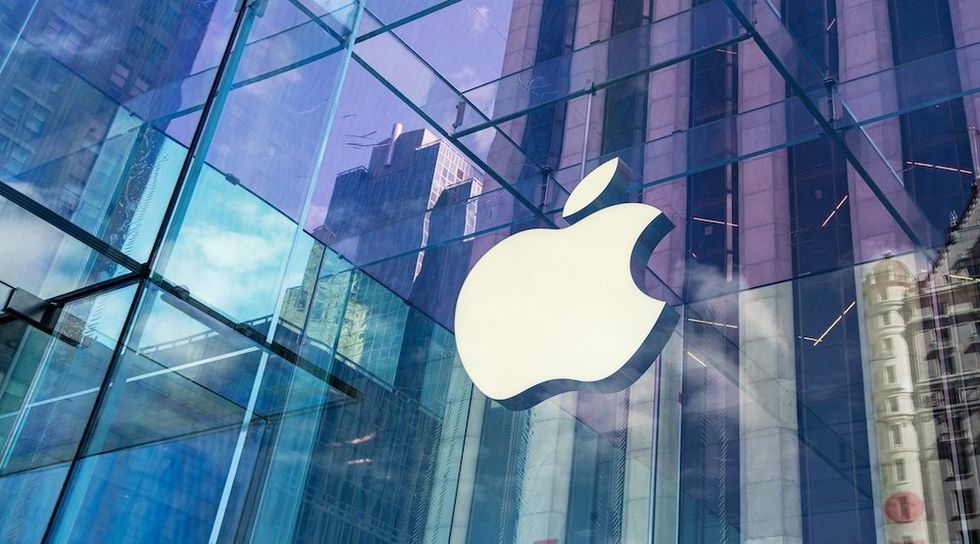 Photo by ozgurdonmaz via Getty
Photo by ozgurdonmaz via Getty
Taken together, these choices trap users, limit consumer freedom, and make the prospect of a new “American” phone — like Trump’s T1 or any other real competitor — far less likely to succeed, no matter how patriotic its marketing.
Unleashing American smartphone competition
While sheer will can’t revive the great American supply chain overnight, opening competition in the smartphone market could. Legal and regulatory reform could break Apple’s digital monopoly and restore real competition.
One bipartisan proposal, the Open App Markets Act, aims to do exactly that — forcing Apple to open app distribution and payment systems. In theory, the act could give consumers the power to install what they want, how they want, from whom they want — tearing down Apple’s walled garden and letting a hundred new “American phones” bloom.
If passed, this law would give Americans the right to choose, switch, and control their digital lives. Only then, as cracks in Apple’s walled garden form, will we have a fighting chance at seeing a truly American-made phone compete with the iPhone.
Originally Published at Daily Wire, Daily Signal, or The Blaze
What's Your Reaction?
 Like
0
Like
0
 Dislike
0
Dislike
0
 Love
0
Love
0
 Funny
0
Funny
0
 Angry
0
Angry
0
 Sad
0
Sad
0
 Wow
0
Wow
0

































































